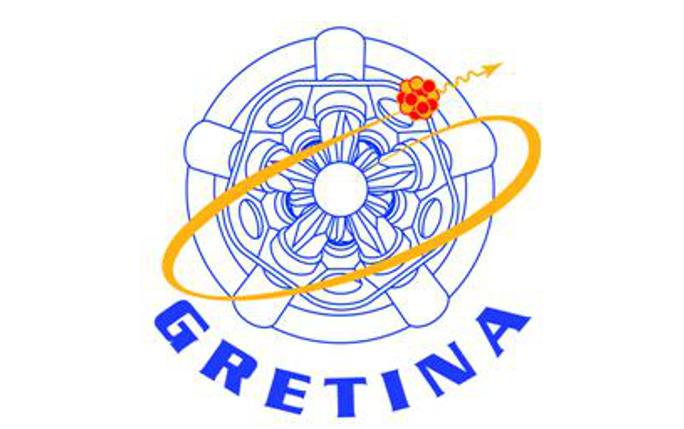GRETINA Summer School

Due to the significant complexity of the AGATA and GRENITA detectors it is often necessary for physicists to undergo highly specialised training before attempting an experiment. For the GRETINA collaboration a week-long summer school was held at Oak Ridge National Laboratory, Tennessee on the 1st-5th of October to provide training for around two dozen PhD students and Postdocs on their detector. Due to his knowledge on AGATA Fraser Holloway, a PhD student in Liverpool’s LIV.DAT programme was invited to attend the training school. Of the two dozen physicists undergoing training at the school only two were invited from outside the United States. Fraser and another student Adam Caffrey both work in Liverpool’s nuclear physics department, highlighting Liverpool’s presence within the global nuclear community.
The topics of the summer school varied in detail. Some talks focussed on the underlying physics that govern how GRETINA works whilst others covered more data-intensive topics such as optimising sort codes and analysis algorithms. On each day the GRETINA collaboration focussed on a new facet of the complex system that ultimately produce the final spectra. A large fraction of the week was also dedicated to hands-on sessions where students could process real data.
Students at the summer school also had the opportunity to visit Knoxville and other facilities around Oak Ridge Lab to experience what it’s like to work at one of the most advanced facilities in the world.
At the end of the week students were asked to give a short talk on what they could do to contribute to the GRETINA collaboration, some students focussed on improving detector simulations whilst others proposed ideas to improve the time determination of the signals using various ancillary detectors. Several machine learning solutions regarding the clustering of scattering events were suggested too. Fraser proposed a novel technique to use neural networks to approximate the complex electronic response seen in GRETINA’s preamps and digitisers.
The GRETINA collaboration hopes that this school will encourage a renewed interest in one of the most demanding detector systems in the world and that students attending the school learned something that’ll advance their studies.